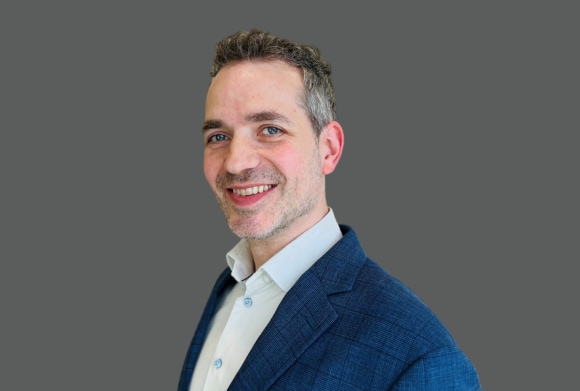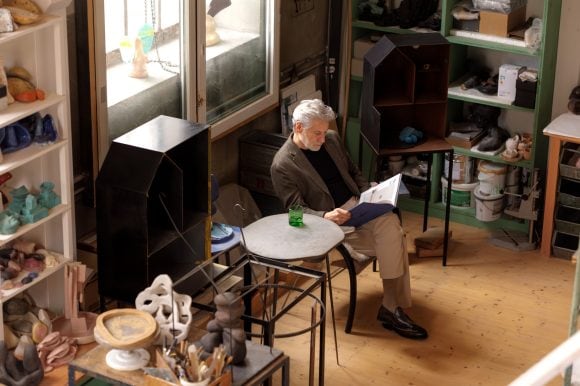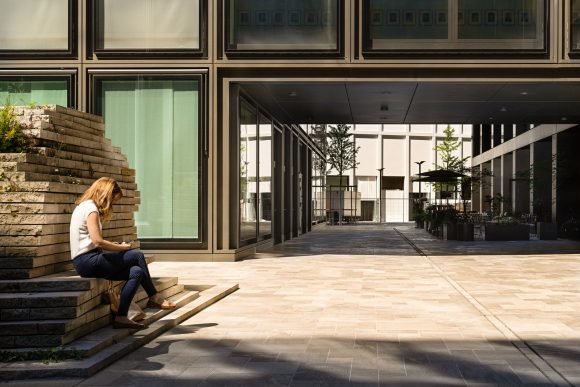Interview
Katharine Hayhoe: I want climate conversations to focus on win-win-win solutions
The climate change conversation has broadened beyond science and politics. Now we need to ensure that everyone engages, not only in the conversation but with action for the good of all people and the one planet we have.








